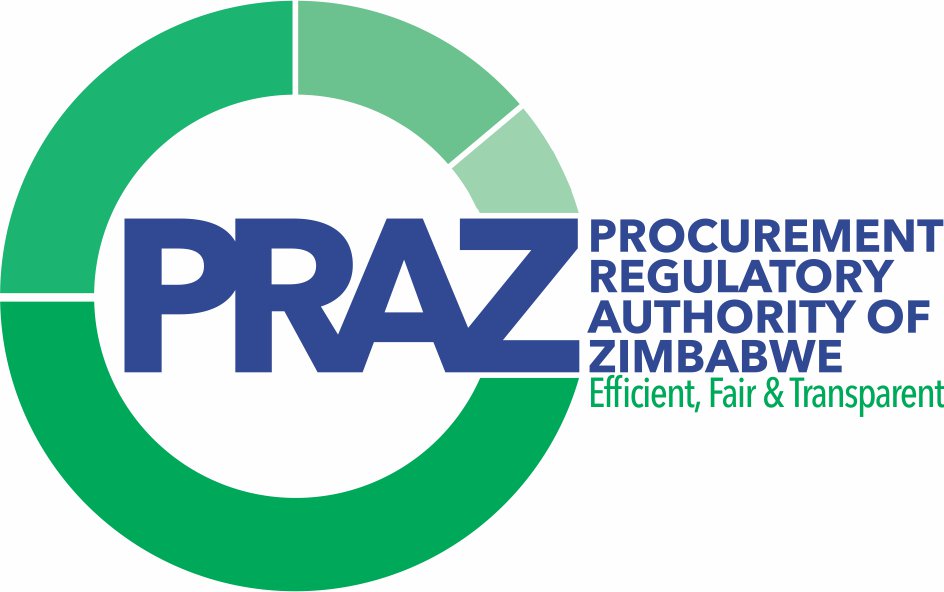PRAZ to roll out e-procurement
THE Procurement Regulatory Authority Zimbabwe (PRAZ), intends to start rolling out the electronic government procurement (EGP) programme in the second quarter of this year, as part of reforms designed to minimise corruption and interference in public procurement Mr Clever Ruswa, the PRAZ chief executive officer, said that the State procurement regulator would spend about US$2 million on the various stages of implementation over of the three-year phased programme.
The programme was, initially, supposed to be bankrolled by development partners
through the Zimbabwe Reconstruction Fund (ZIMREF), but the plans were held back by
resource limitations.
Mr Ruswa said in October last year President Mnangagwa pledged to support the
authority with funding and has since made good on his word allowing the programme to
kick off.
Currently, PRAZ is using the modular approach where supplier registration is partially
done online, or alternatively where bidders access PRAZ services through Zimpost
infrastructure, which is dotted around the country.
EGP, also known as e-procurement or supplier exchange, is a business-to-business
process of requisitioning, ordering, and purchasing goods and services online facilitating
interactions between preferred suppliers and customers through bids, purchase orders
and invoices using a supplier’s closed system.
Vendor management or supplier management is one of the most important aspects of eprocurement. It involves both supplier relationship management and supplier information management. It eliminates the need to manually carry out laborious, procurement-related tasks, exchanging supplier contracts, and filling out supplier onboarding questionnaires.
The process works by connecting various entities and processes through a centralized
platform.
Mr Ruswa highlighted in an interview that PRAZ had embarked on the EGP journey as
part of the first phase of reforms to public procurement being carried out by the
authority.
“This process will bring efficiency into the system, reduction of face to face engagement,
and automatically issues to do with corruption will fall by the wayside, we understand
that bidders will have confidence in the system and bidders outside Zimbabwe will be
able to participate on the platform with ease,” said Mr Ruswa.
He said the process was targeting to have at least 80 percent of procurement entities on
board by the end of 2022 while the remainder will be taken care of in the next financial
year.
“We categorise our procuring entities in terms of their budget spending, so the first
batch we are targeting to be on board are those big spenders. We are starting to work
with the first batch from May onwards, then, in the second half of the year we take some
on board.
“A lot of work has been done so far in terms of coming up with a portal, right modules
and we intend to incorporate the disposal side of things,” he said.
According to Brian Chigerwe, a procurement practitioner, the move will allow for
efficiency in procurement activities at the same time reducing human interference in the
process.
“e-Procurement systems allow greater flexibility and control over every aspect of a
purchasing process. From controlling who can input an order, to who can approve and
purchase it, and finally, who can receive against or pay it—control is central to the
modern e-Procurement system.
“You can even manage who can see the details of a transaction,” said Mr Chigerwe.-The Herald










